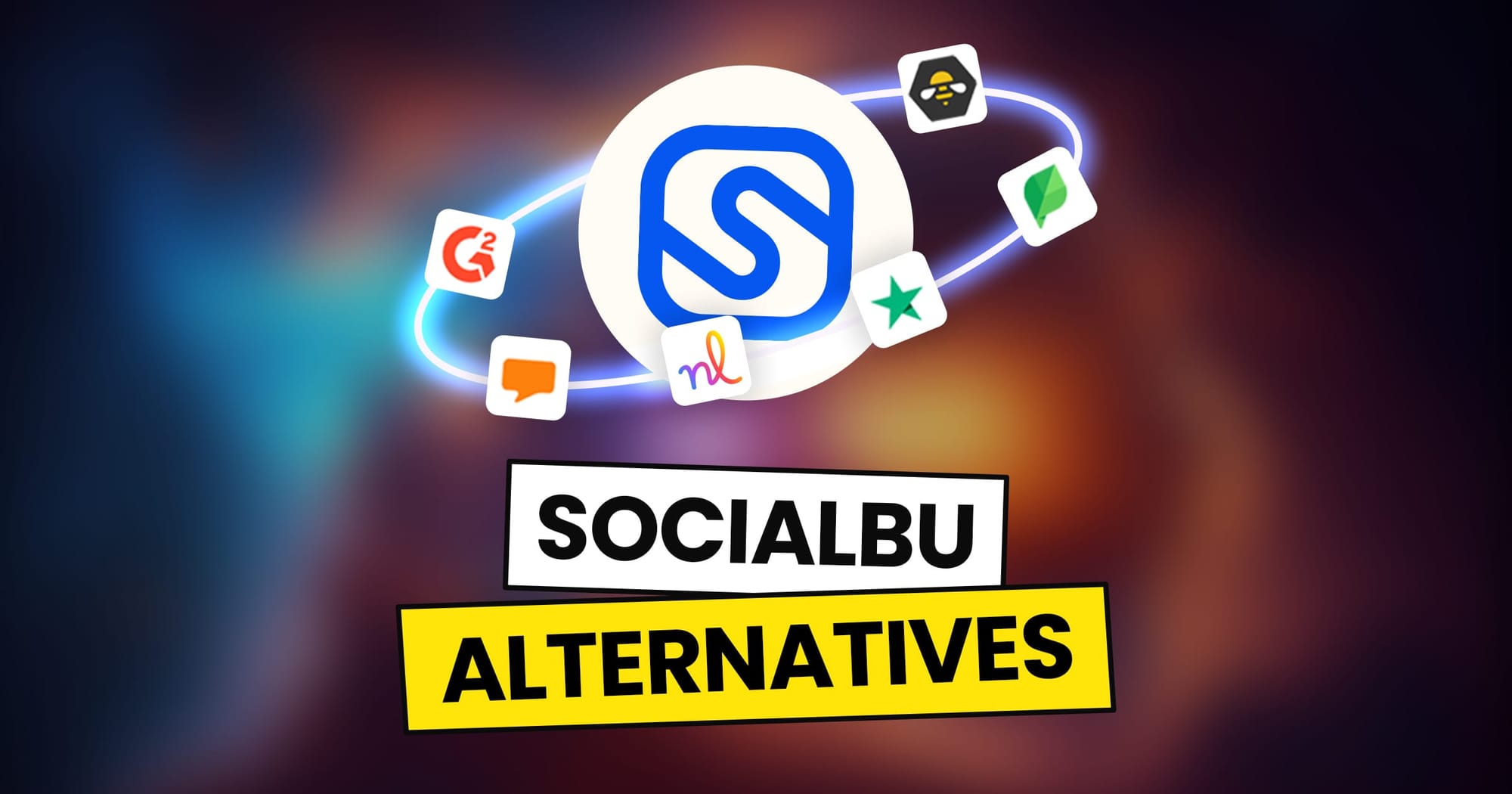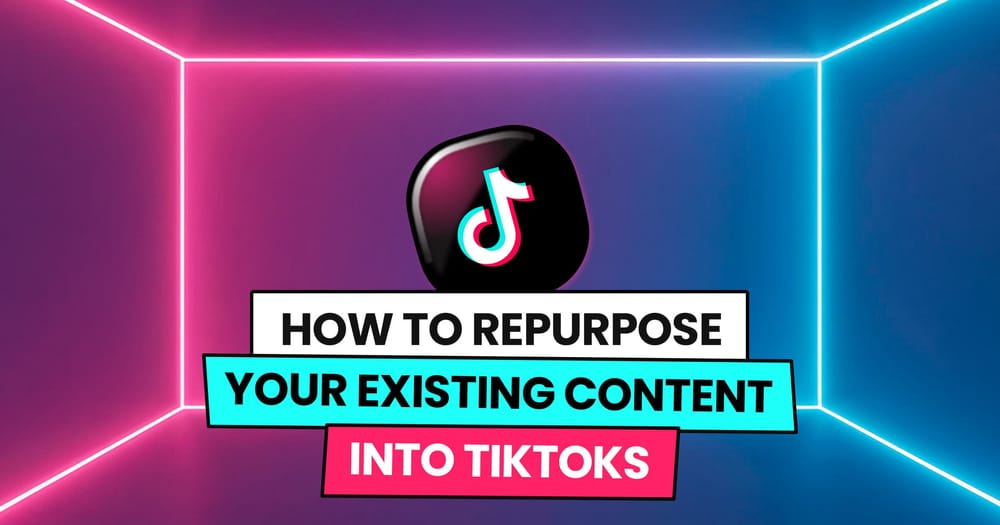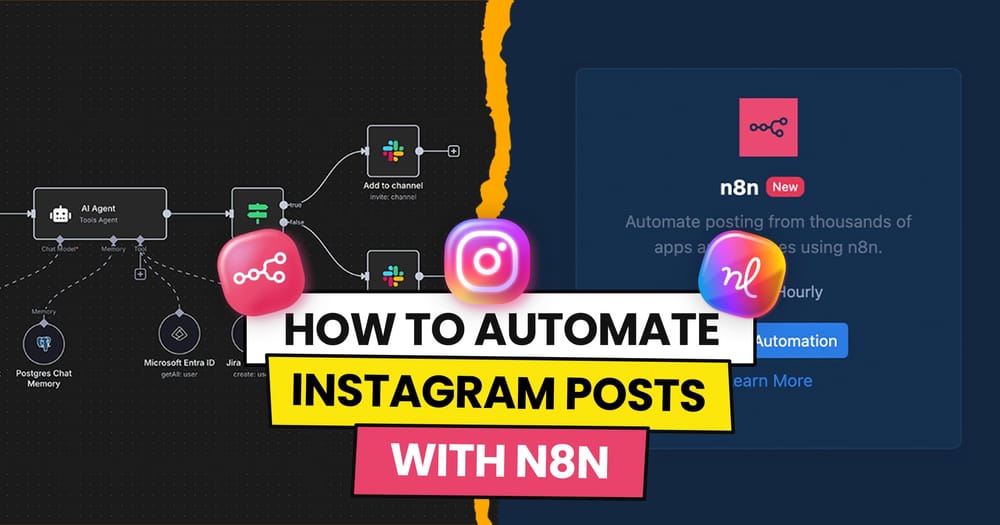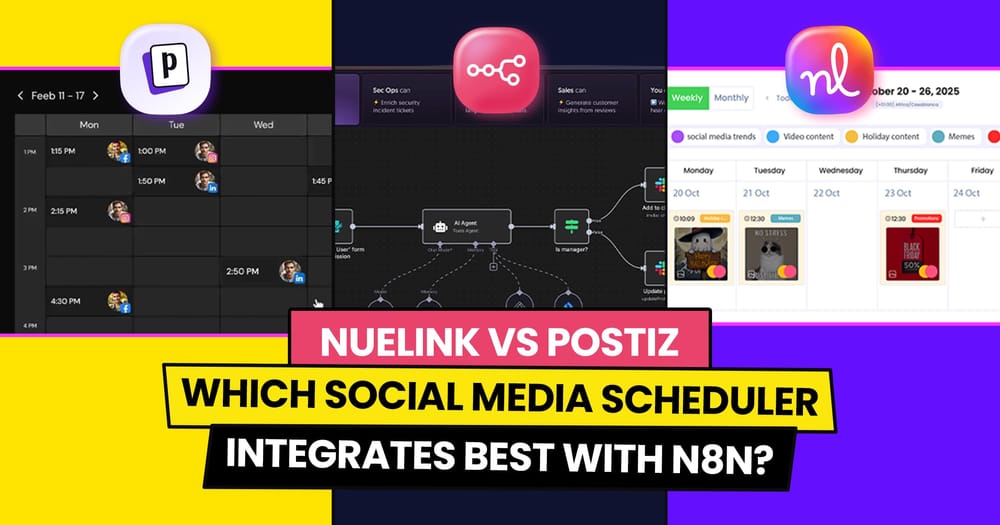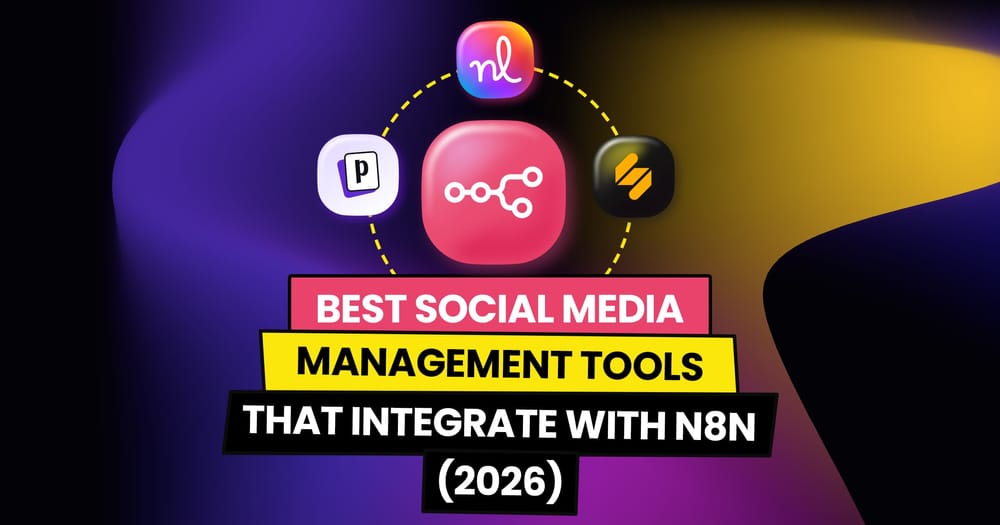In 2018, a small team at Glaxosoft LLC launched SocialBu, an affordable platform designed to help freelancers and small businesses automate their social media.
SocialBu quickly gained fans because it unified scheduling, AI‑assisted content generation, and engagement tools in a single dashboard. More than 18,000 businesses now rely on SocialBu to plan posts, respond to comments, and collaborate on campaigns. Its simple interface and low entry price made it a favorite among freelancers working alone.
Reviews praise SocialBu's ease of use and affordability, but they also note limitations in analytics and integrations.
Below is an in‑depth look at how SocialBu is perceived in the reviewers' eyes and why you might consider other options, followed by four standout tools that address its shortcomings.
How SocialBu Scores on Review Platforms
SocialBu continues to perform well across major review platforms, earning praise for its simplicity and value.
Here’s a quick look at what users are saying about SocialBu presented in easy-to-scan sections:
Software Advice
SocialBu scores 4.5 out of 5 from over 72 verified Software Advice reviews.
Software Advice highlights two main strengths of SocialBu. Great value for money, meaning it’s affordable without sacrificing functionality, and its ease of use.
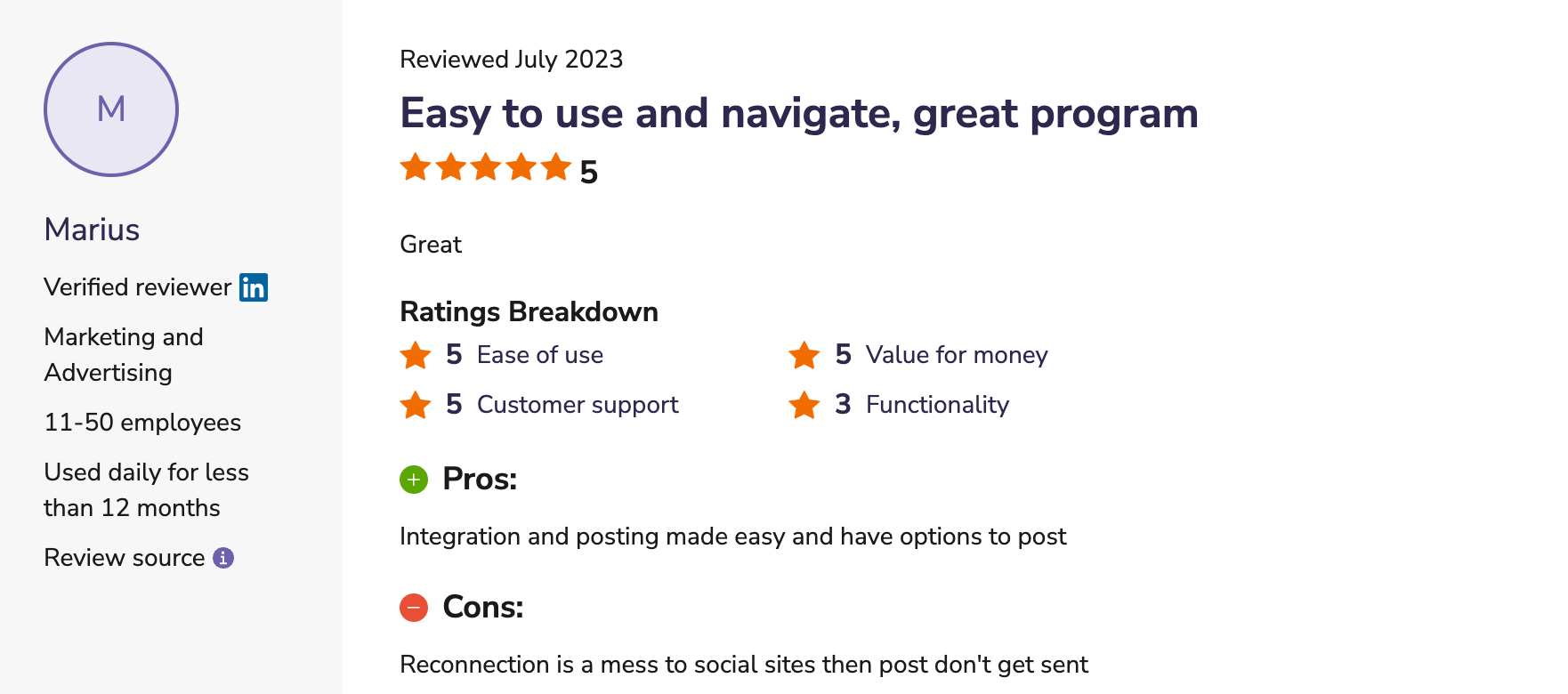
Trustpilot
SocialBu scores 4.7 out of 5 from over 33 verified Trustpilot reviews.
Reviews frequently mention the fast customer support and reliable scheduling tools. A few notes, occasional bugs, but overall, the experience is smooth and positive.
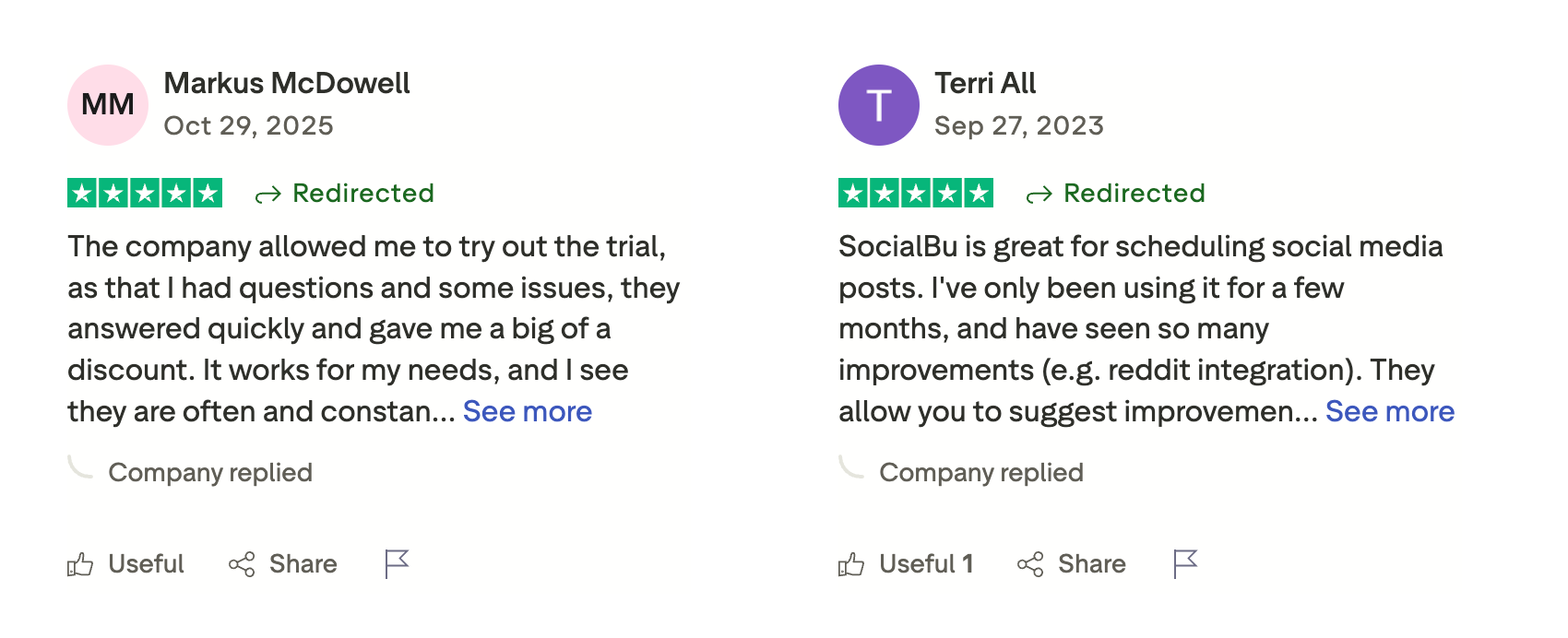
G2
SocialBu scores 4.4 out of 5 from over 25 verified G2 reviews.
The same advantages that have been praised by Trustpilot and Software Advice reviews are being repeated in G2! Great customer service, Affordability, and ease of use.

What SocialBu Lacks — And Why Users Look Elsewhere
SocialBu offers a solid experience overall, but many users still end up exploring other options. Here’s why:
1. Limited analytics and reporting
According to Research.com, SocialBu’s analytics only show basic performance metrics. There are no in-depth reports, advanced filters, or flexible export options. For marketers who want to measure ROI, compare campaigns, or analyze audience segments, this can be a major limitation.
2. Plan limits
While its entry-level plans are affordable, they restrict the number of AI-generated posts, automations, and content queues. As businesses grow, these limits quickly become frustrating. The free plan is also very limited, and lower-tier users don’t get live chat support.
3. Not enough automation options
Although SocialBu includes a few comment automations, it falls short compared to competitors offering advanced workflow automations. Users often point out the lack of automated posting and scheduling capabilities, which makes managing multiple social platforms more time-consuming.
3 Strong SocialBu Alternatives for 2025
Below are four platforms that address SocialBu’s shortcomings.
Each offers a distinct advantage, whether that’s advanced analytics, AI-driven automation, or content recycling.
Nuelink: Full-Scale Social Media Automation

Nuelink is designed entirely around automation. Minimizing manual effort so creators can focus on strategy, not scheduling. It turns content distribution into an automated process, ideal for bloggers, podcasters, vloggers, and eCommerce brands that publish frequently.
Nuelink’s smart automation workflows connect blog feeds, product catalogs, or podcast updates directly to social profiles, so every new piece of content is shared automatically without human input.
Why it’s better: Nuelink eliminates repetitive posting entirely. It provides a complete end-to-end automation framework that goes far beyond what SocialBu currently offers.
SocialBee: Category‑Based Scheduling and Evergreen Content Recycling

SocialBee stands out because it organizes posts into content categories (e.g., promotions, tutorials, or tips) and allows you to assign unique schedules to each category. Its automatic content recycling ensures your evergreen posts keep circulating to drive engagement.
SocialBee also provides a visual calendar, role‑based permissions for teams, and a media library to keep everything organized.
Why it’s better: SocialBee’s category‑based scheduling keeps your social feeds active and balanced. It’s especially valuable for brands that rely heavily on evergreen content.
Sprout Social: Advanced Analytics and Enterprise Insights
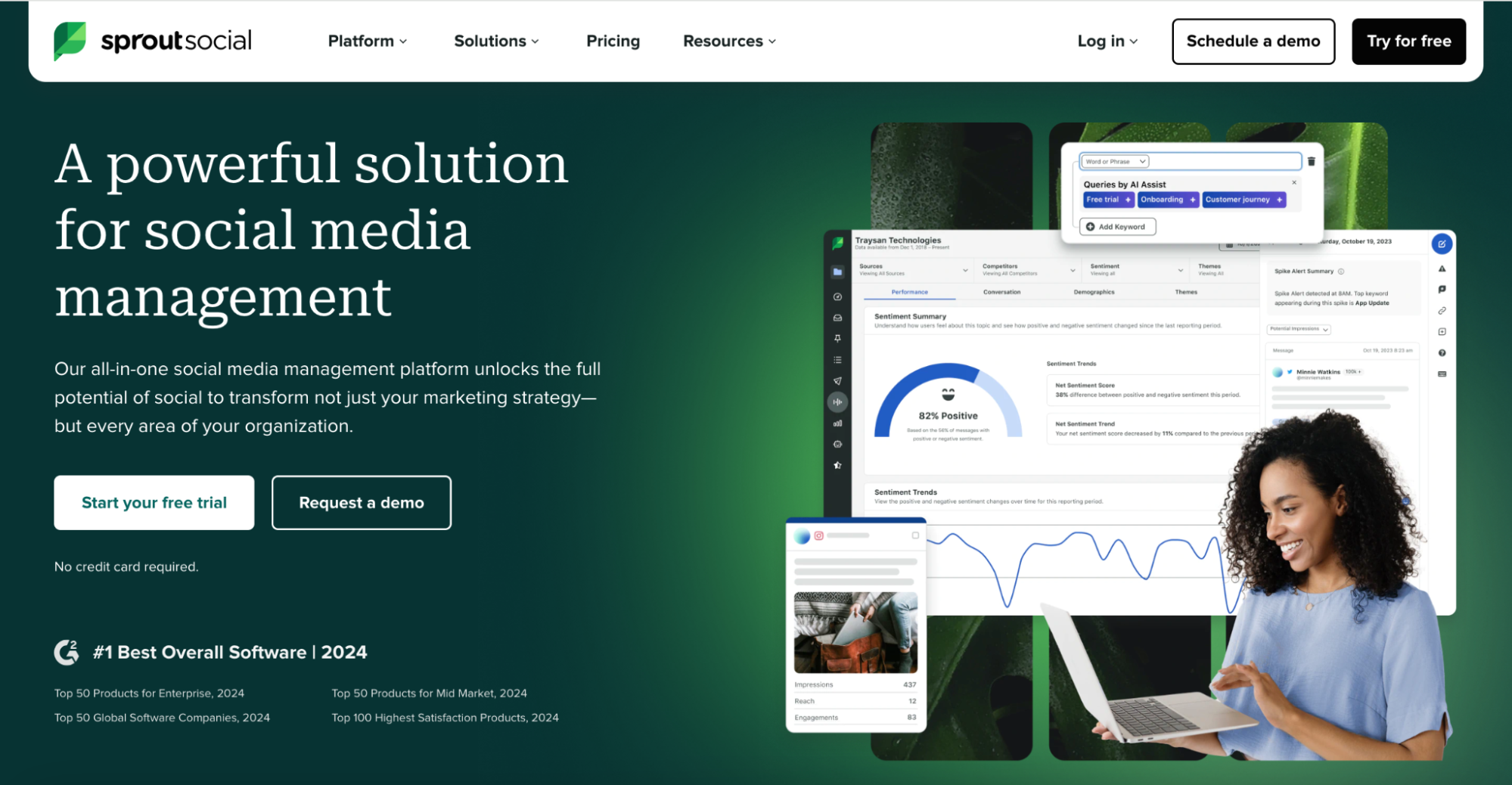
Sprout Social is built for teams that prioritize in‑depth performance tracking and analytics. Its dashboards deliver advanced data on engagement, audience growth, sentiment, and post performance across platforms. Its reporting features let you measure ROI and campaign effectiveness with precision.
Sprout Social’s advanced analytics make it a solid choice for medium to large businesses managing multiple brands or clients.
Why it’s better: Sprout Social’s analytics are far more advanced than SocialBu’s, giving brands deep insight into audience behavior and content performance.

